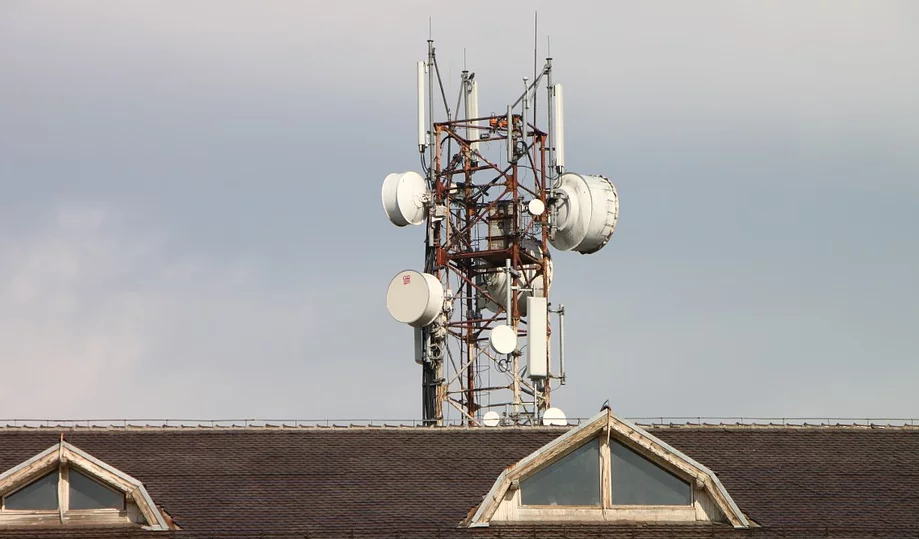Mukesh Ambani-led Reliance Jio's tariff plan beginning April 1 this year will improve industry-wide average revenue per user over the longer term, but intense price competition is expected to persist over the next few quarters, according to Moody’s Investors Service.

“…we still expect intense price competition to persist over the next few quarters, as incumbents such as Bharti, Vodafone India (unrated) and Idea Cellular respond in efforts to protect their subscriber market shares,” Annalisa Di Chiara, Vice President, Corporate Finance Group, Moody’s Investors Service said in a note.
Reliance Jio had earlier this week said customers joining its network after March 31 will pay according to the subscription plans that range from Rs 149 to Rs 4,999. The telco, however, launched its Jio Prime service for its existing 100 million customers, and new customers who are coming before March 31, 2017.
Also Read: Reliance Jio Aims to Disrupt Taxi Space With App-Based Taxi Service: Report
Under the service, Jio customers can continue to enjoy benefits for another 12 months till March 31, 2018, by paying just Rs 303, besides paying nominal fees of Rs 99 for membership between from March 1 to March 31. Jio prime members will also get full bouquet of digital services worth Rs 10,000 completely free until March 31, 2018.
Moody’s on Friday also said that Bharti Airtel’s proposed acquisition of Norway-based Telenor’s India unit is credit positive.
Following the proposed acquisition, Bharti Airtel's spectrum holding will increase in seven circles, and its subscriber market share will increase by around 2% (based on December 2016 figures), enhancing the company's leading market position in India's highly competitive mobile telecommunications market, and providing further growth potential in these areas."
"It's a non-cash deal, and although Bharti will take over outstanding spectrum payments and other operational contracts, including tower leases, we do not expect it will have a material impact on the company's consolidated leverage. Bharti's adjusted consolidated debt/EBITDA (including deferred spectrum liabilities) was 3.3x as of December 2016,” Di Chiara said.















